Netflix is not unfamiliar with controversy, and the interfaith romance at the heart of Nobody Wants This is no exception. What’s more surprising is the series’ immense popularity despite the vitriol leveled against it.
It’s hard to say if Israel’s ongoing war with Hamas is an agitating factor, but it doesn’t feel that way. Instead, the squabble at the heart of ‘Nobody Wants This’ centers around the two primary love-struck characters.
It’s a romantic comedy, after all, and when romantic comedies are well-written and acted, they usually do very well. Netflix is certainly happy. As it currently stands, ‘Nobody Wants This’ has a 94% critic score and an 86% audience score on Rotten Tomatoes.
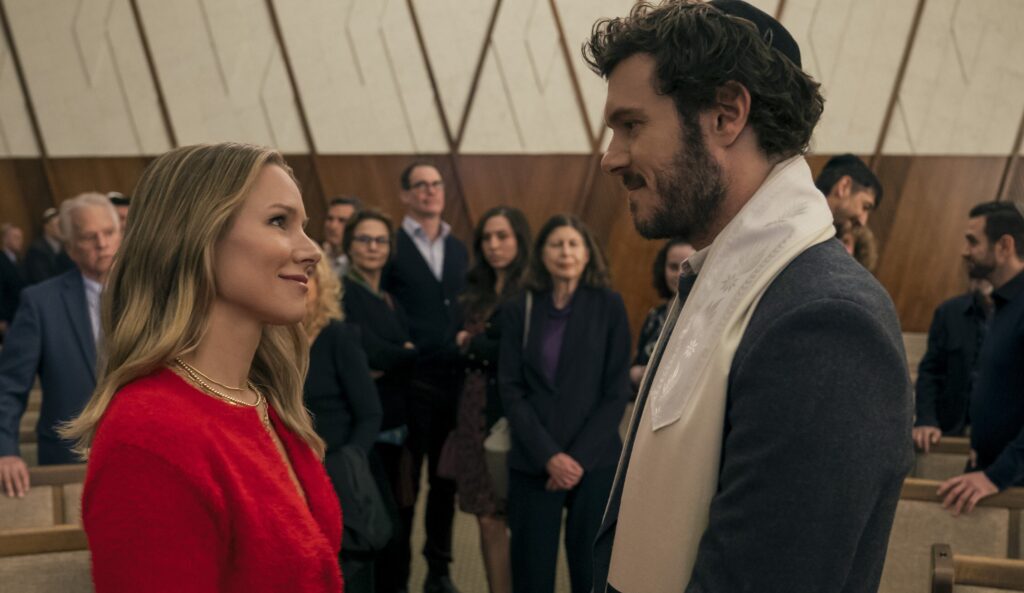
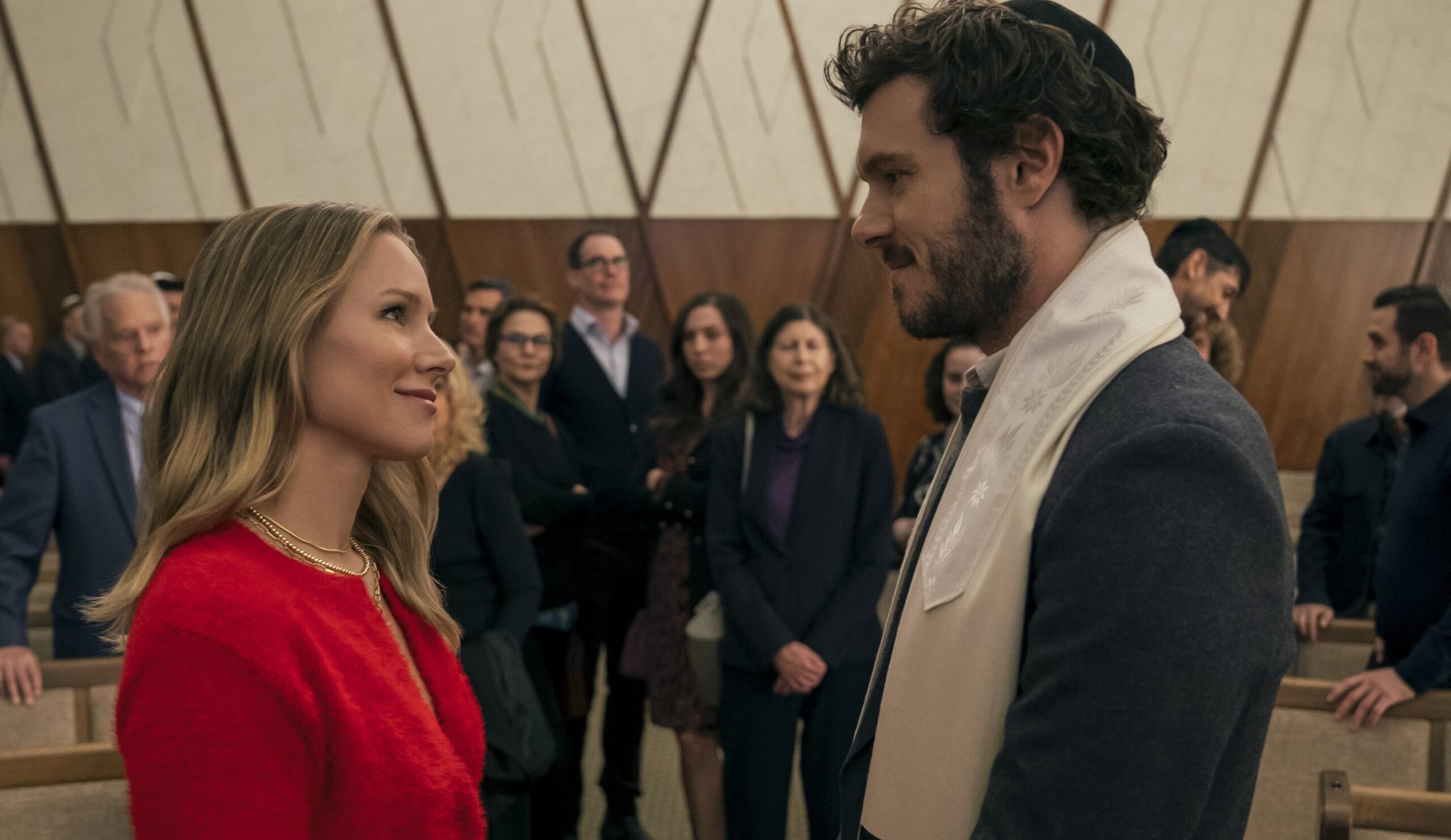
Even so, there always has to be a balancing out effect, and this one boils down to stereotypes, ‘shiksas,’ and perhaps a sprinkle of jingoism insofar as interfaith marriage is concerned.
That said, the show’s creator is Erin Foster, herself a Jewish convert, charting a semi-factual work that parallels her own life.
The show’s audaciousness is not the product of current events but an aggregate of religion and jaundiced eyes.
Why The Vitriol?
Unfortunately, it’s a multifaceted affair. The immediate and loudest outcry is over the show’s use of the term ‘shiksa,’ which is a sort-of insulting term for ‘non-Jewish’ women.
It’s not so much the word but the attitude from which the word emerges.
It’s fair to say that some of the Jewish women in the series are represented aggressively, especially his former girlfriend (Rebecca) and Noah’s mother (Bina).
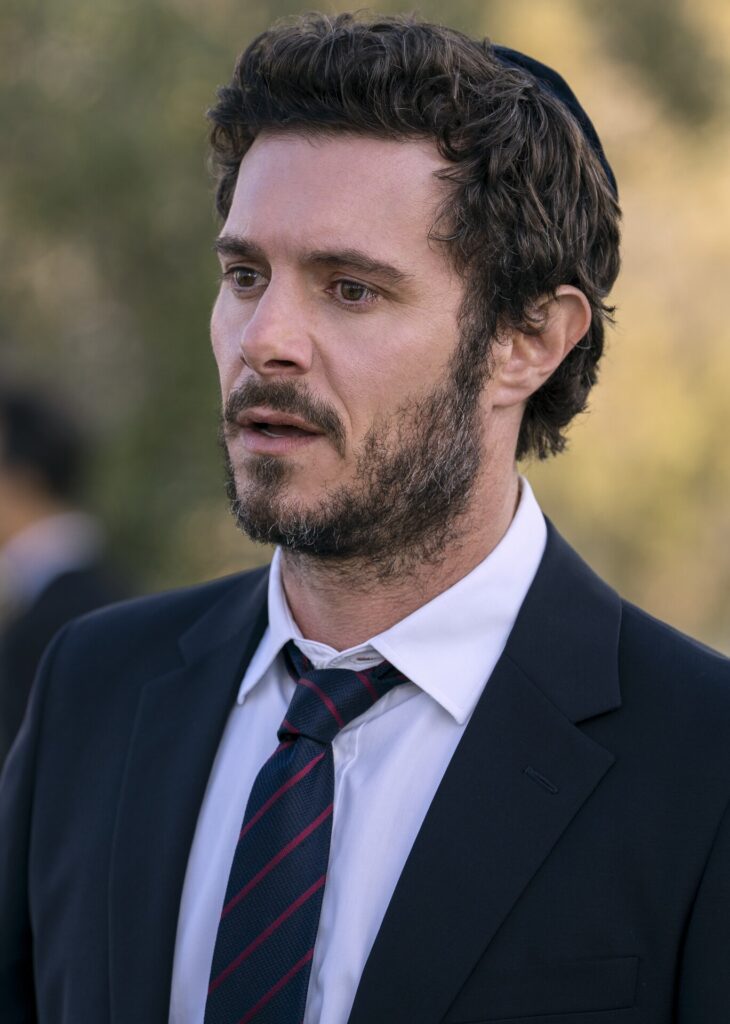
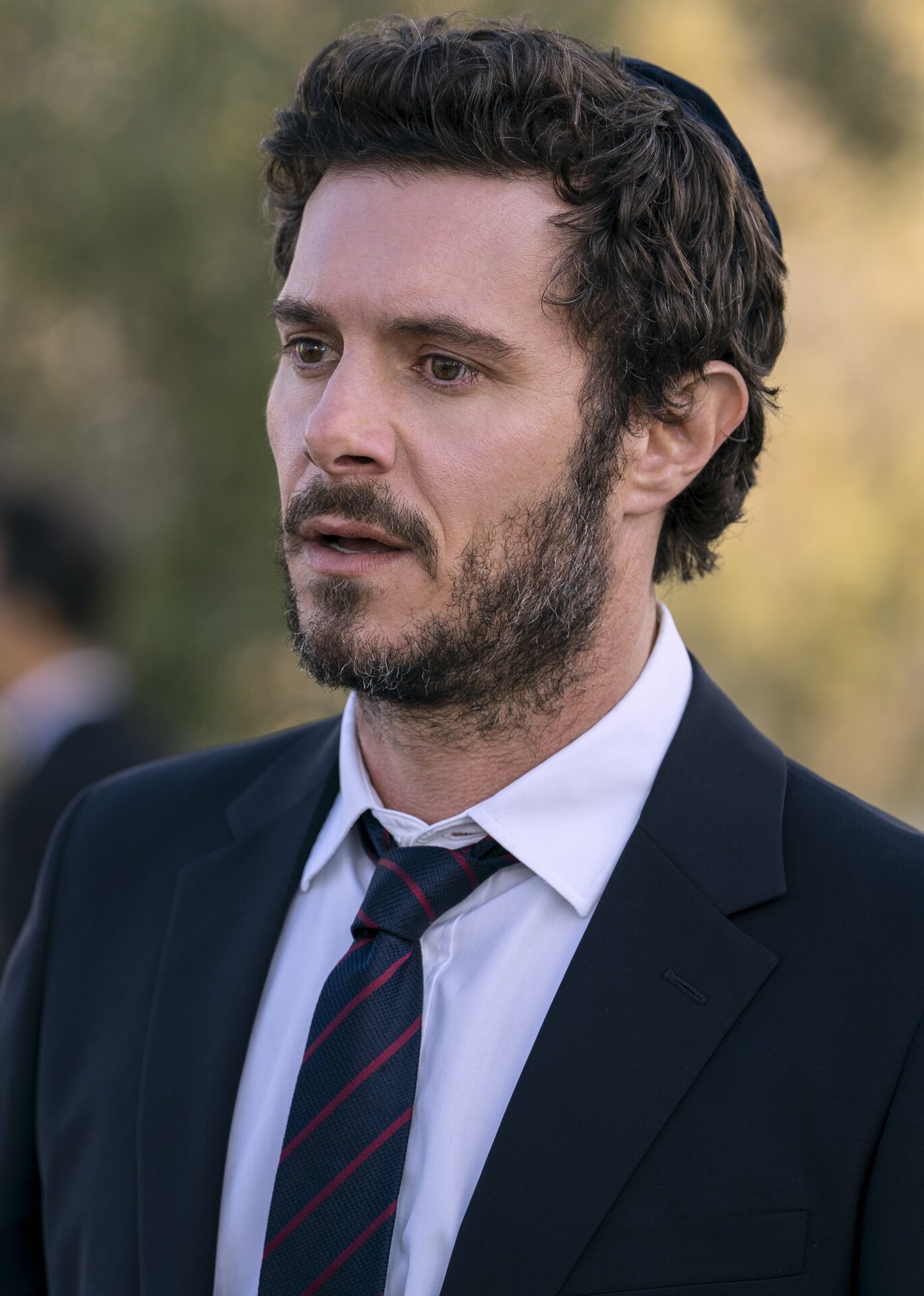
They are the primary focus of the show’s critics, who are accusing Erin Foster of facilitating the ‘Jewish mother’ trope. ‘Shiksa’ is a big part of that, but it sits in the shadow of the primary complaint.
Of course, there is no such thing as non-controversy in the TV industry these days, interfaith romance or not. It seems like everything that hits the assortment of streaming platforms comes with a caveat.
It’s difficult to ascertain whether cultural and moral relativism is negligent or applied unless the background of every critic is known.
While conversion to Judaism is a complicated affair internally, the complexities of love are far more cumbersome to analyze.
Yet, in the form of this interfaith romance, the combination of the two is ruffling feathers, especially among Jewish women.
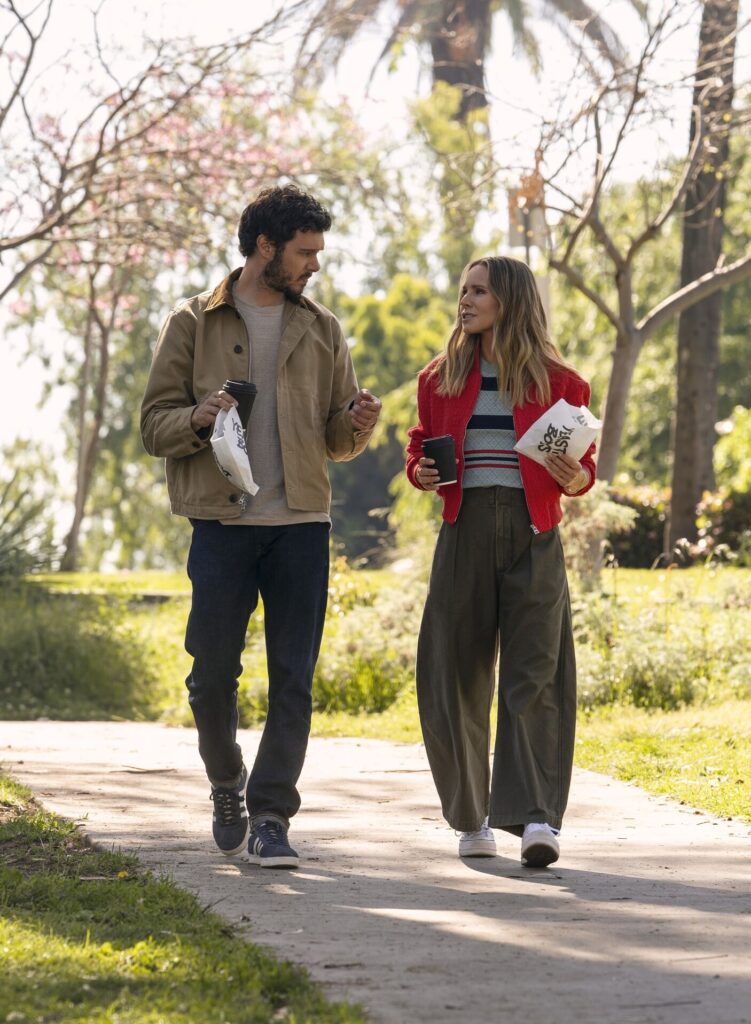
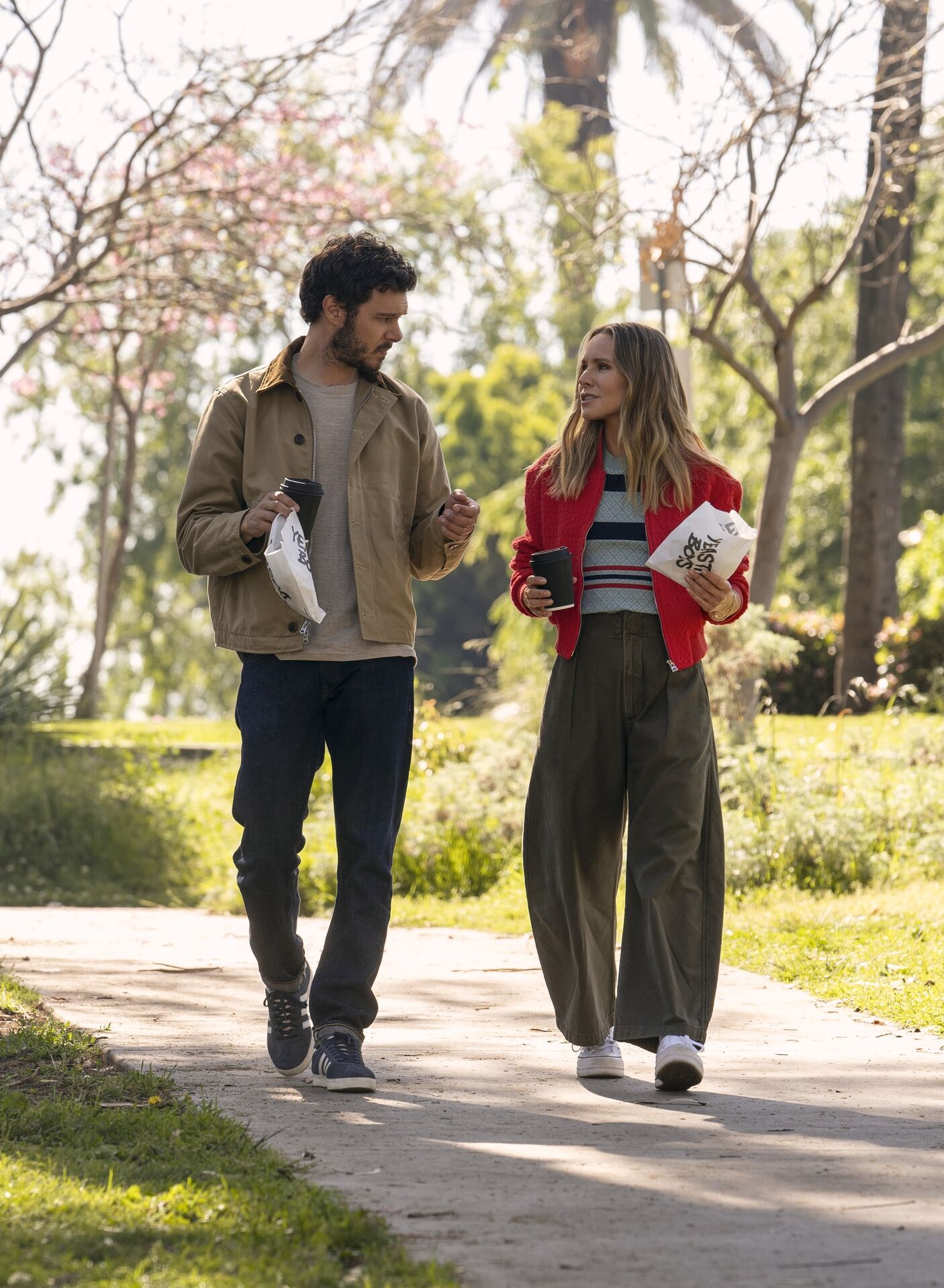
It’s hard to blame them. Watching the show, it’s easy to feel that they are overly oppressive in their remonstrations. Throw in the word ‘Shiksa,’ and it’s easy to see why there are some who have a distaste for the series.
Rebecca, Noah’s ex, breaks into his private things and steals an engagement ring, placing it on her finger to add insult to injury. Her sister-in-law is just as bad in her own way.
Some of the remaining angst is a holdover of bygone times. Interfaith romance, much less interfaith marriage, was not always an acceptable societal norm; only after the 1970s did it grow some semblance of acceptability amongst Jews.
It Shouldn’t Matter
I’m not at liberty to say whether most of these critics know Erin Foster’s background. I’m sure that at some level or another, most do.
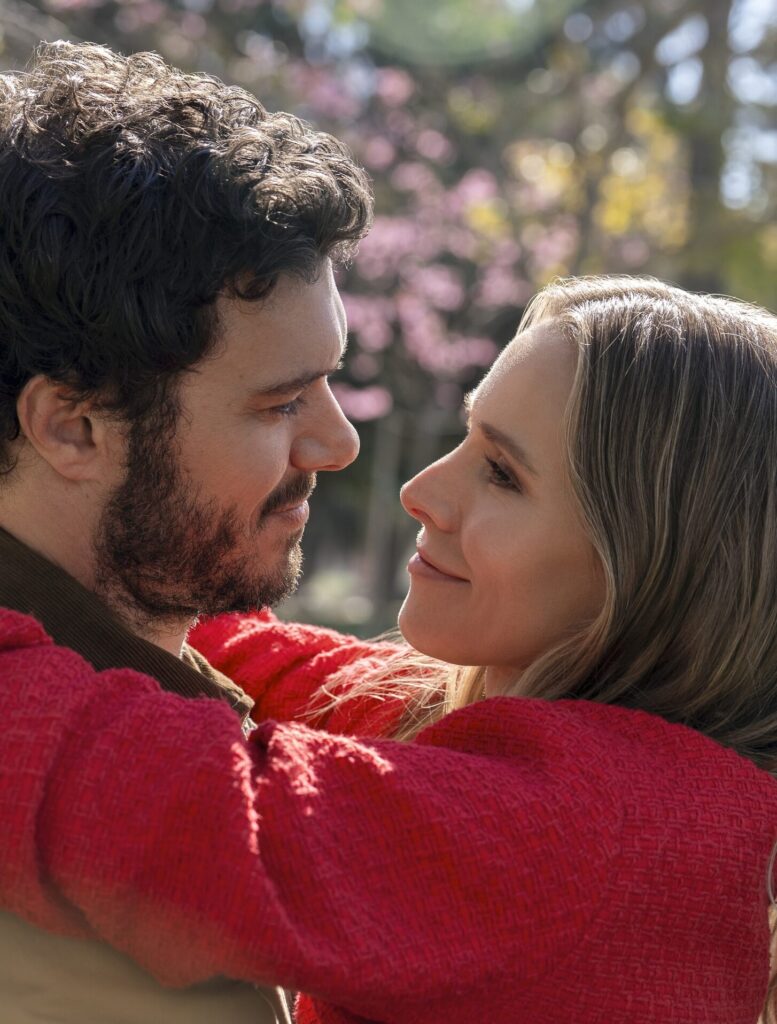
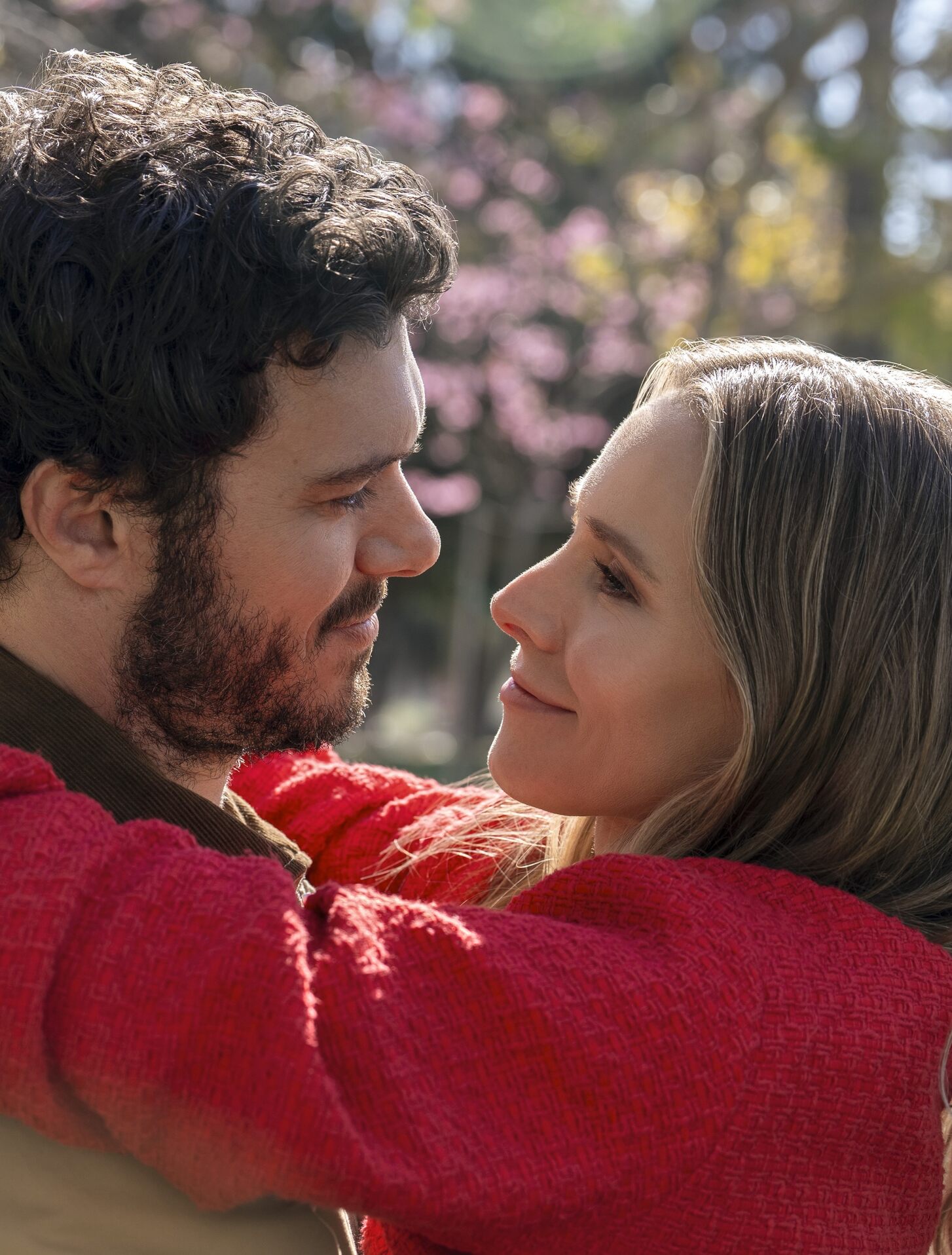
However, knowing someone’s background and living someone’s background are two different things, with the latter being obviously impossible.
There is little doubt that creators use elements of their own lives in their creations. It’s simply a part of the creative package. Many of the elements that bother critics result from Erin Foster’s impressions — right or wrong.
Does it make it right that she chose to insert elements of what some consider anti-semitic? You can be the judge of that. Of course, the best person to ask is the show’s creator herself.
“If I made the Jewish parents, like, two granola hippies on a farm, then someone would write, ‘I’ve never met a Jewish person like that before…and that doesn’t represent us well.‘”
-Erin Foster
Basically, she’s putting voice to the same dilemma most creators face — damned if you do, damned if you don’t. At first, she’s looking in from outside. Now, she’s a part of that culture, religion, and tradition.
There are certainly greater authorities on everything Judaism out there, but it would be different if the show’s inception came from the mind of someone who knows nothing of the Jewish faith.
Ultimately, the points of conflict are not so egregious that they spoil the entire show. Its overwhelming popularity is a testament to that, at least.
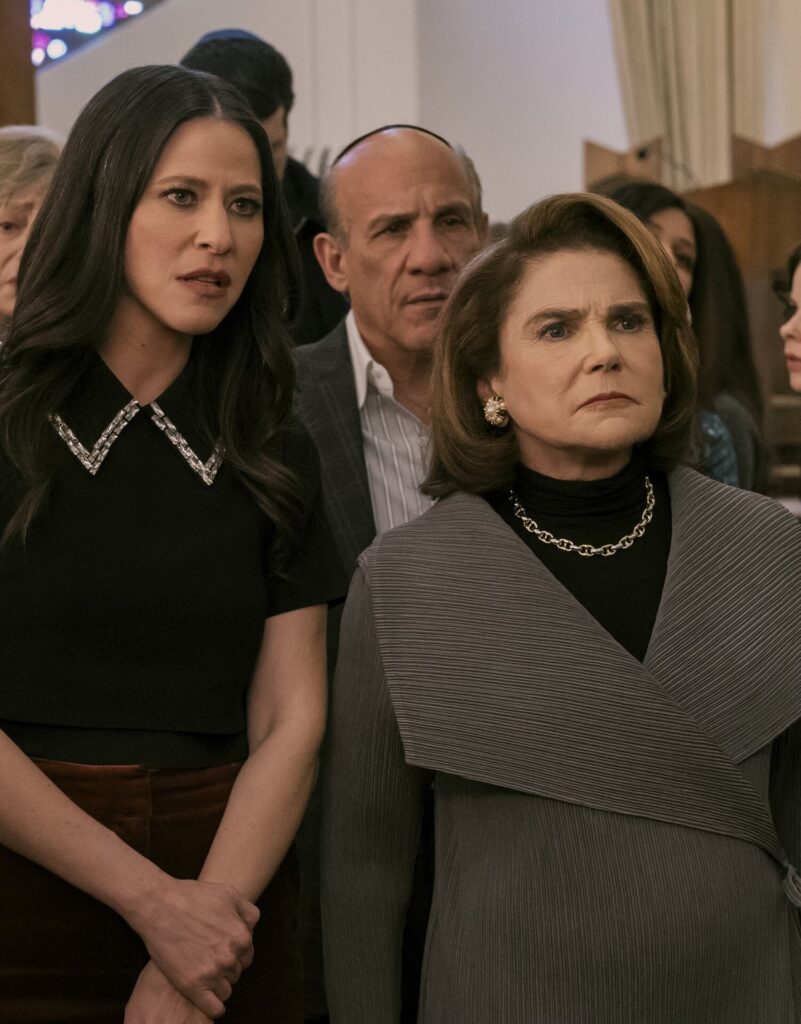
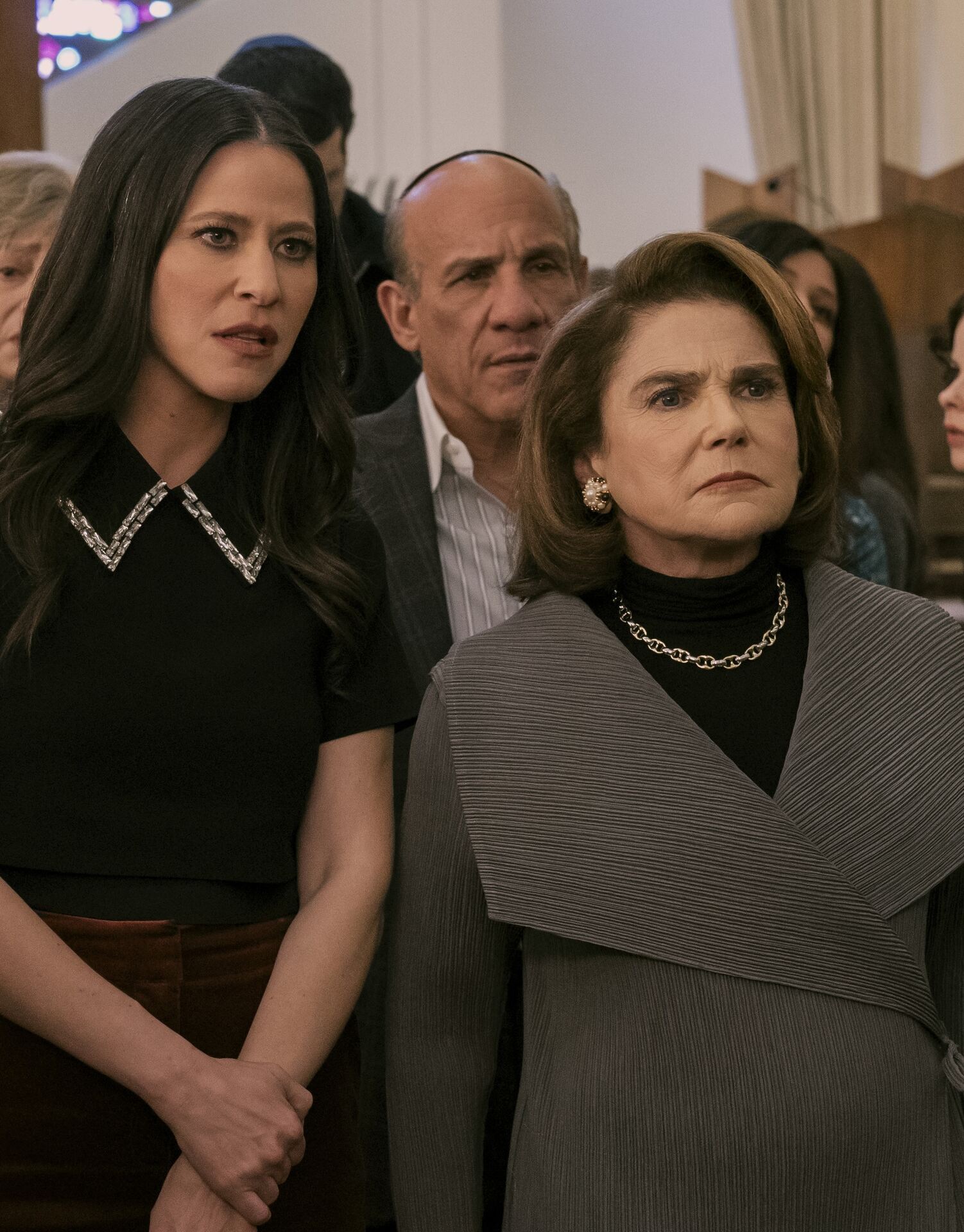
‘Shiksa’ is more difficult to pin down but nevertheless realistic in its portrayal.
It may not be a word of common usage any longer, but that doesn’t mean we should cringe at every cultural reference that doesn’t reflect anything other than greatness.
Give me a perfect culture and society, and I’ll ask why every single person on the planet doesn’t live there and wholly embrace it.
Besides, any show based on interfaith romance, regardless of the religion of choice, is bound to have its fair share of negative elucidation. While it’s not a license to go ham-wild with negative stereotypes, it lends a relevance and realistic feel to the story’s nature.
What Makes ‘Nobody Wants This’ Work
There are many complaints about the entertainment industry’s repetitive nature today. Surprisingly, however, it is repetition that drives ‘Nobody Wants This.’
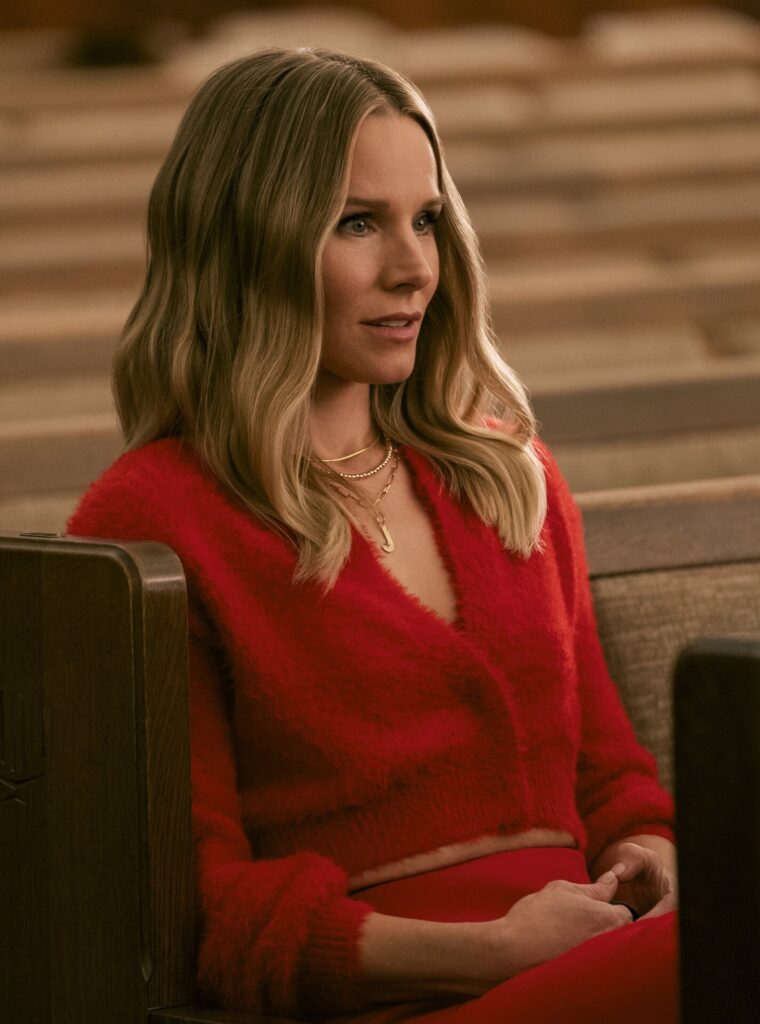
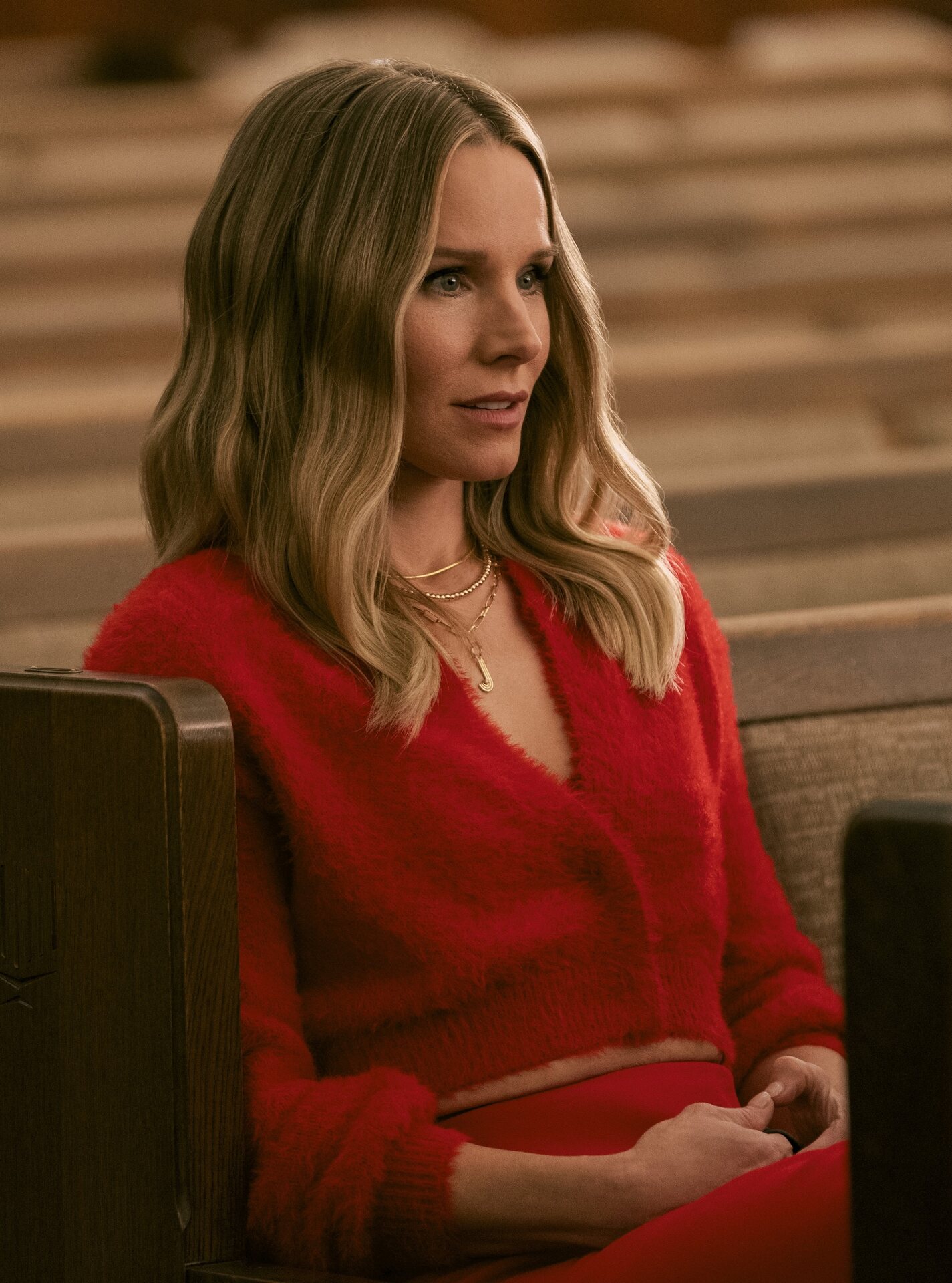
It’s your basic rom-com. Two complete opposites find each other despite a single, antagonistic conundrum resting solidly between them.
We’ve seen this song and dance a thousand times before. But there’s a reason we’ve seen it a thousand times. It’s popular. People love it. The interfaith romance is simply the antagonizing factor in this variation.
The thing that makes ‘Nobody Wants This’ such a ‘bold’ take on the traditional rom-com is this choice of counteraction. Besides, controversy often drives viewership, especially when the show is better than average on its own.
It’s well-acted. The chemistry between Noah and Joanne feels authentic and, in some ways, natural.
There’s the intriguing element of discomfort that Joanne has to endure throughout, as she is inserted into faith and culture with which she is not familiar.
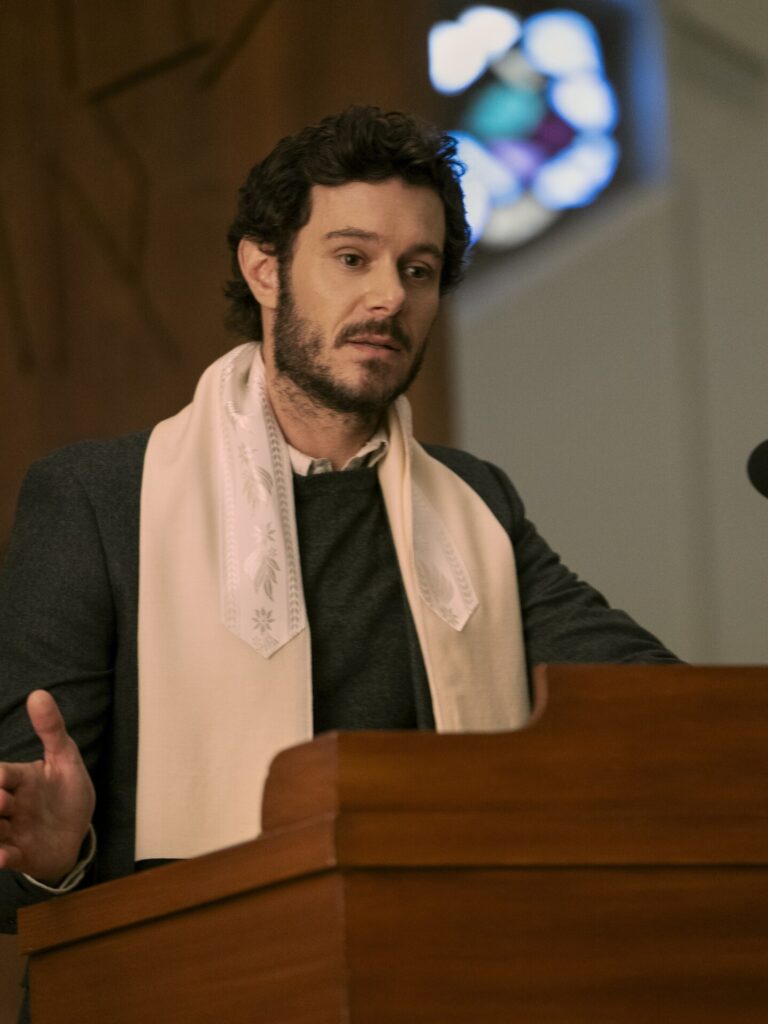
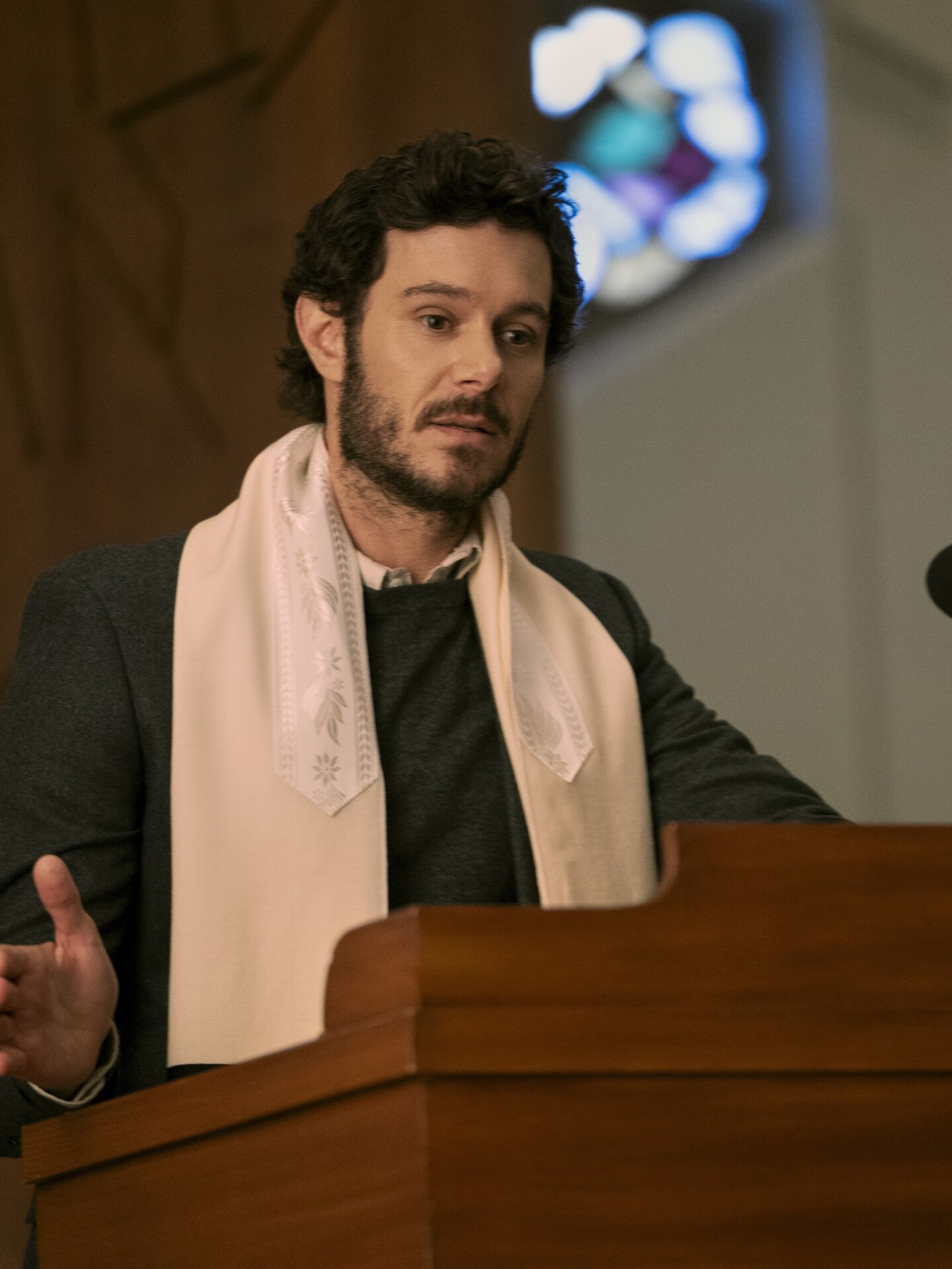
In shows or movies like this, it’s often the situation that serves as the true antagonist, not nagging sisters-in-law and ex-girlfriends.
As for everything else, Erin Foster has explained her reasoning, and it’s hard to argue with someone directly involved and with first-hand experience.
How do you feel about ‘Nobody Wants This’ as a traditional rom-com about interfaith romance, and do you think there’s anything controversial about it?
Take the poll below and then drop us a comment to expand on your thoughts below
Watch Noboby Wants This Online


